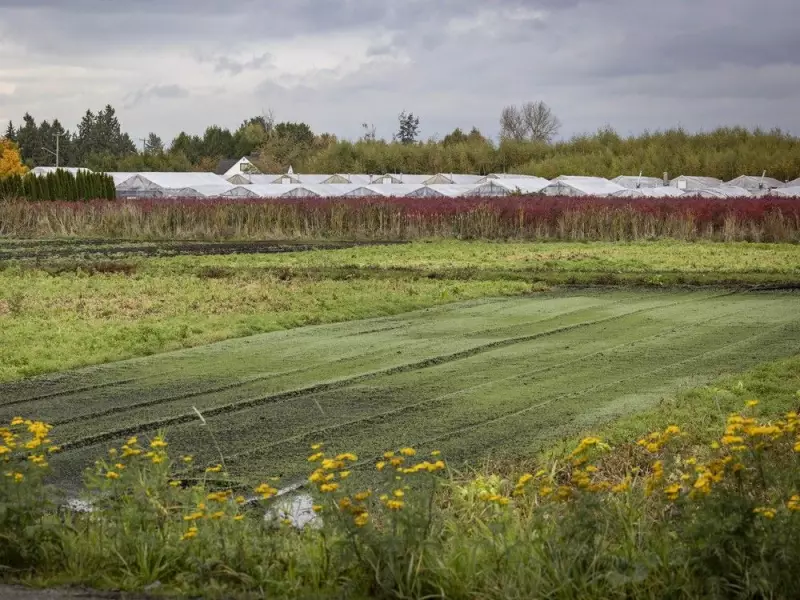
In a dramatic legal confrontation that could reshape British Columbia's landscape, Premier David Eby has publicly challenged a court decision regarding Aboriginal title, asserting that private landowners deserve stronger protections in Indigenous territory disputes.
The Legal Battle Unfolding in Cowichan and Richmond
The controversy centers on recent court rulings that have reignited tensions between Indigenous rights and private property ownership. Premier Eby's unexpected intervention signals a significant shift in the provincial government's approach to these complex land issues.
Legal experts are calling this a watershed moment for property rights in BC, as the premier's stance puts him at odds with judicial interpretations of Aboriginal title that have been developing for decades.
What's at Stake for Property Owners?
The core of Eby's argument focuses on providing clearer safeguards for homeowners and developers who have purchased land in good faith, only to find their property rights potentially challenged by Aboriginal title claims.
- Uncertainty for current property owners in disputed territories
- Potential impacts on real estate values and development projects
- Balancing constitutional rights with historical Indigenous claims
- Future implications for land transactions across British Columbia
Indigenous Perspectives and Legal Precedents
Meanwhile, Indigenous leaders maintain that the court's recognition of Aboriginal title represents a crucial step toward reconciliation and honoring historical agreements. The legal framework for these claims stems from landmark Supreme Court decisions that have gradually defined the scope of Indigenous land rights.
The specific cases in Cowichan and Richmond territories highlight how these abstract legal principles play out in real communities, affecting both Indigenous nations and long-term residents.
Political and Economic Implications
Eby's position reflects growing concerns within the business community and among municipal leaders about the economic consequences of uncertain land tenure. Development projects, infrastructure investments, and housing initiatives could all face new challenges if property rights remain unclear.
However, critics argue that the premier's approach risks undermining progress on reconciliation and could lead to prolonged legal battles that benefit neither Indigenous communities nor property owners.
As this legal drama continues to unfold, all eyes remain on British Columbia's courts and legislature to see how they will navigate this delicate balance between historical justice and modern property rights.





